The ocean has always held a mysterious allure for humankind, and few activities bring us closer to its depths than freediving. Unlike scuba diving, which relies on tanks and equipment, freediving is about descending into the watery abyss on a single breath. It is a sport that demands physical endurance, mental discipline, and a profound connection with the underwater world. For those who practice it, freediving is not just a hobby—it’s a way of life.
The origins of freediving trace back thousands of years, long before it became a competitive sport. Ancient civilizations relied on breath-hold diving for food, trade, and even warfare. Pearl divers in Japan, known as ama, have been harvesting oysters for over 2,000 years, while Mediterranean sponge divers once plunged to staggering depths without modern equipment. These early freedivers pushed the limits of human capability, laying the foundation for the sport we know today.
Modern freediving is divided into multiple disciplines, each testing different skills. Constant weight is perhaps the most well-known, where divers descend and ascend using fins or a monofin without altering their weight. In free immersion, divers pull themselves down a rope, while no-limits diving—the most extreme form—allows the use of weighted sleds for descent and inflatable lifts for ascent. Each discipline presents unique challenges, but all share the same core principle: the human body adapting to the crushing pressures of the deep.
Physiologically, freediving is a marvel. When submerged, the body undergoes a series of adaptations known as the mammalian dive reflex. Heart rate slows, blood vessels constrict, and blood is redirected to vital organs to conserve oxygen. Some elite freedivers can hold their breath for over ten minutes, a feat that seems almost superhuman. Yet, this ability isn’t reserved for a select few—with proper training, many can learn to extend their breath-hold times significantly.
Despite its beauty, freediving is not without risks. Shallow water blackout, a loss of consciousness caused by oxygen deprivation, is a constant danger. The deep also brings hazards like barotrauma and nitrogen narcosis. For this reason, safety protocols are paramount. Divers must never train alone, and proper supervision is essential. The line between pushing one’s limits and courting disaster is thin, and respect for the ocean’s power is non-negotiable.
Beyond the physical and technical aspects, freediving is deeply spiritual for many. The silence of the deep, the weightlessness, and the intimate encounter with marine life create a meditative experience unlike any other. Freedivers often speak of a sense of oneness with the ocean, a feeling that lingers long after they’ve surfaced. It’s this emotional connection that keeps them returning to the water, breath after breath.
As freediving gains popularity, it’s also becoming a platform for marine conservation. Freedivers frequently witness the fragility of underwater ecosystems firsthand, from coral bleaching to plastic pollution. Many have turned into advocates, using their sport to raise awareness about ocean health. After all, who better to speak for the ocean than those who know it most intimately?
Whether as a competitive sport, a personal challenge, or a path to mindfulness, freediving offers something unique to each practitioner. It reminds us of the incredible capabilities of the human body and the profound mysteries of the deep. And perhaps most importantly, it teaches us humility—because no matter how deep we go, the ocean will always hold secrets just beyond our reach.
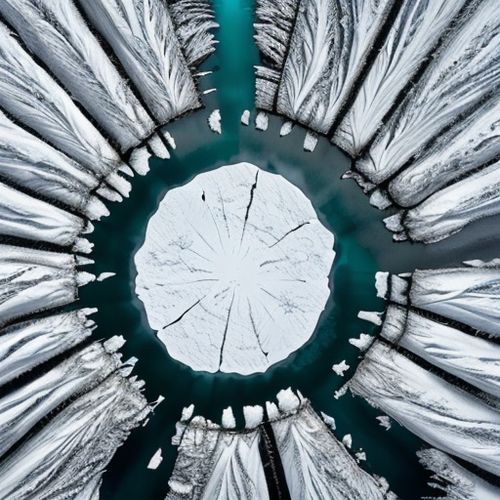
By Sophia Lewis/May 8, 2025
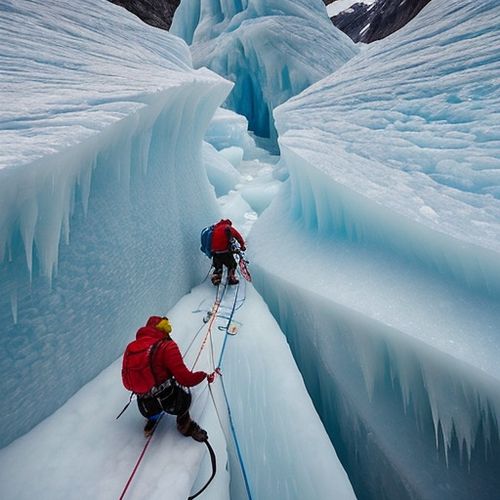
By Samuel Cooper/May 8, 2025
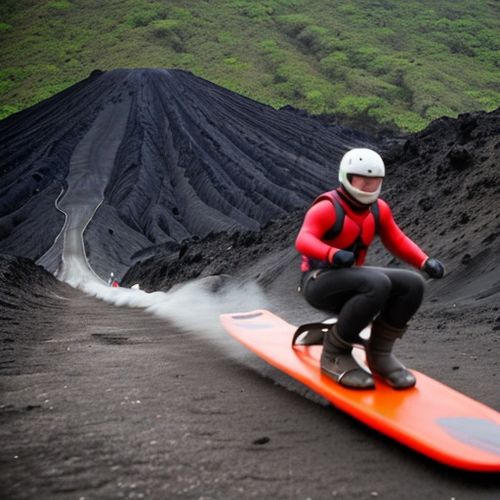
By William Miller/May 8, 2025
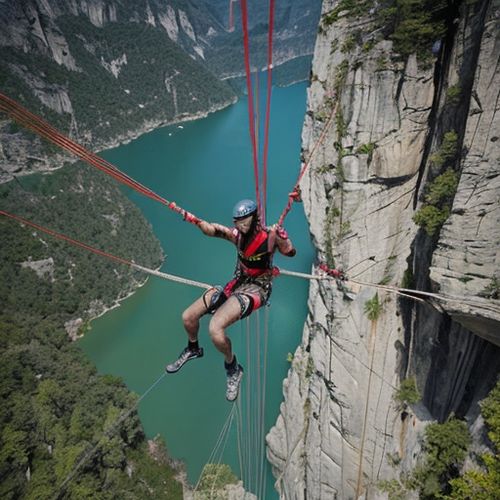
By Rebecca Stewart/May 8, 2025
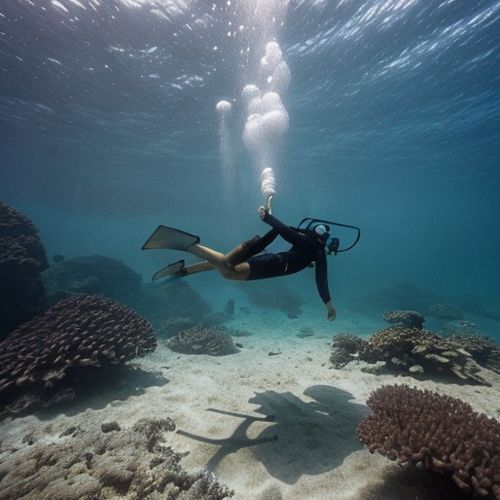
By Natalie Campbell/May 8, 2025
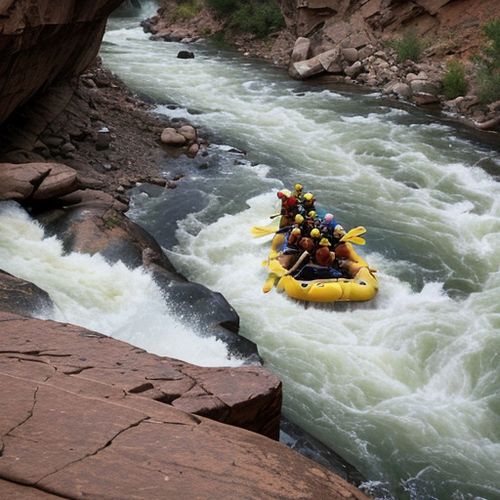
By Jessica Lee/May 8, 2025
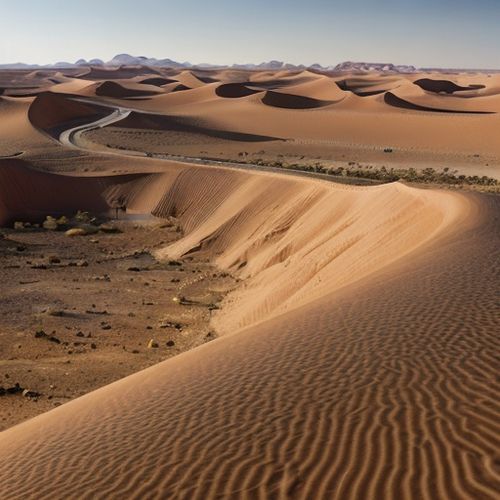
By Thomas Roberts/May 8, 2025
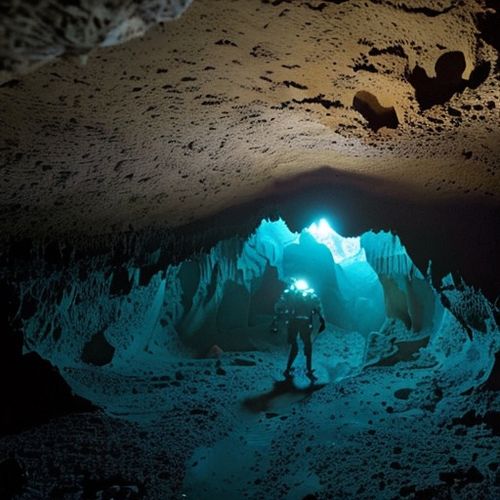
By Christopher Harris/May 8, 2025

By Christopher Harris/May 8, 2025
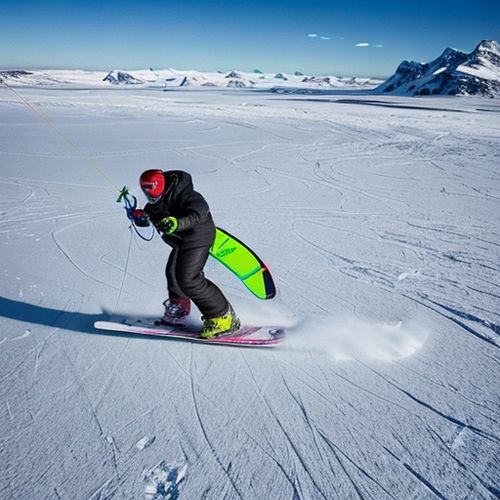
By Natalie Campbell/May 8, 2025
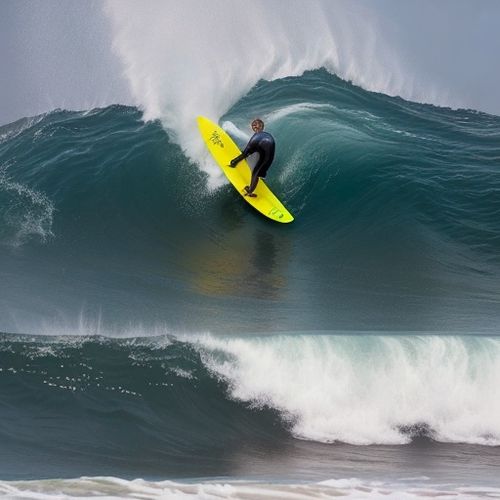
By Rebecca Stewart/May 8, 2025
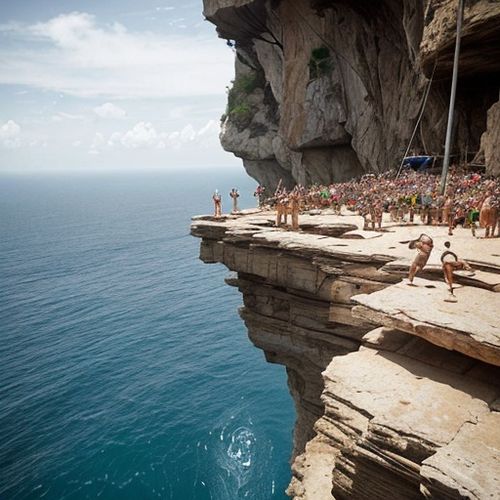
By Sophia Lewis/May 8, 2025
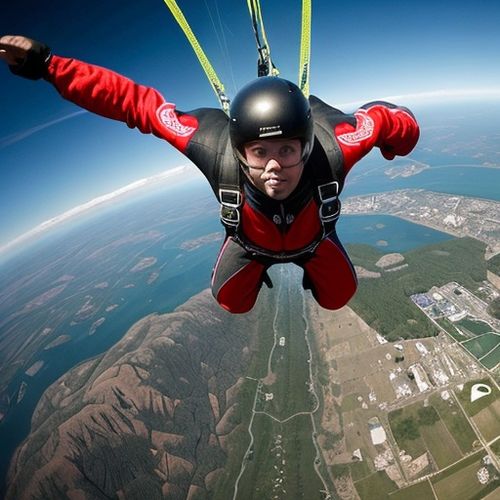
By Noah Bell/May 8, 2025
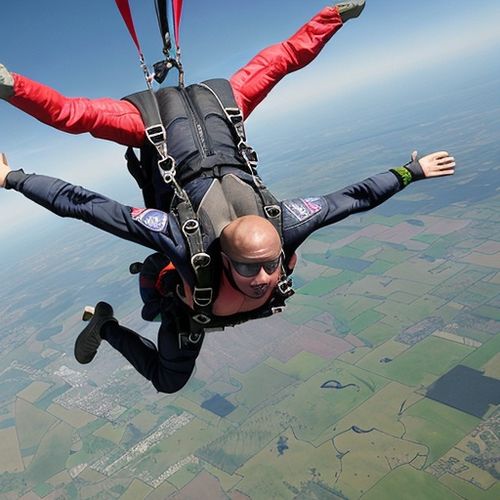
By Sophia Lewis/May 8, 2025

By Benjamin Evans/May 8, 2025

By Benjamin Evans/May 8, 2025

By Eric Ward/May 8, 2025

By Elizabeth Taylor/May 8, 2025
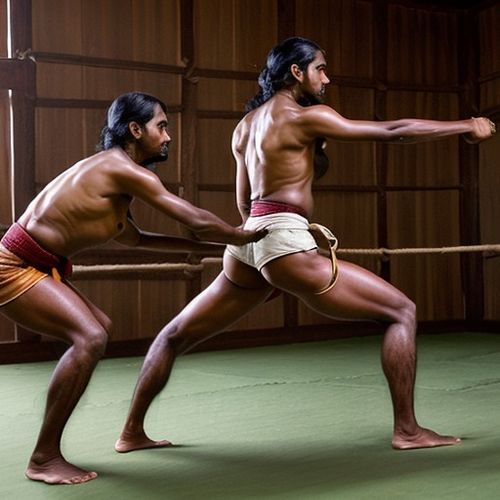
By Daniel Scott/May 8, 2025
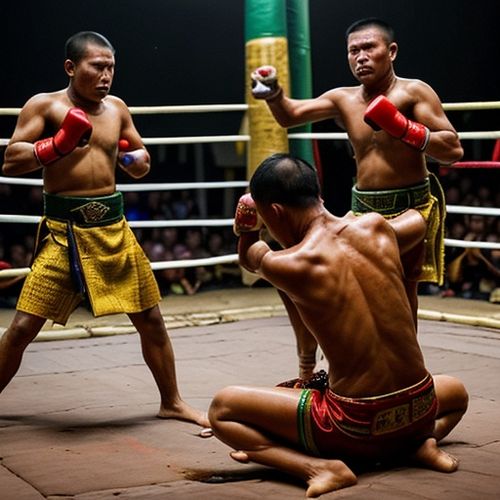
By Eric Ward/May 8, 2025